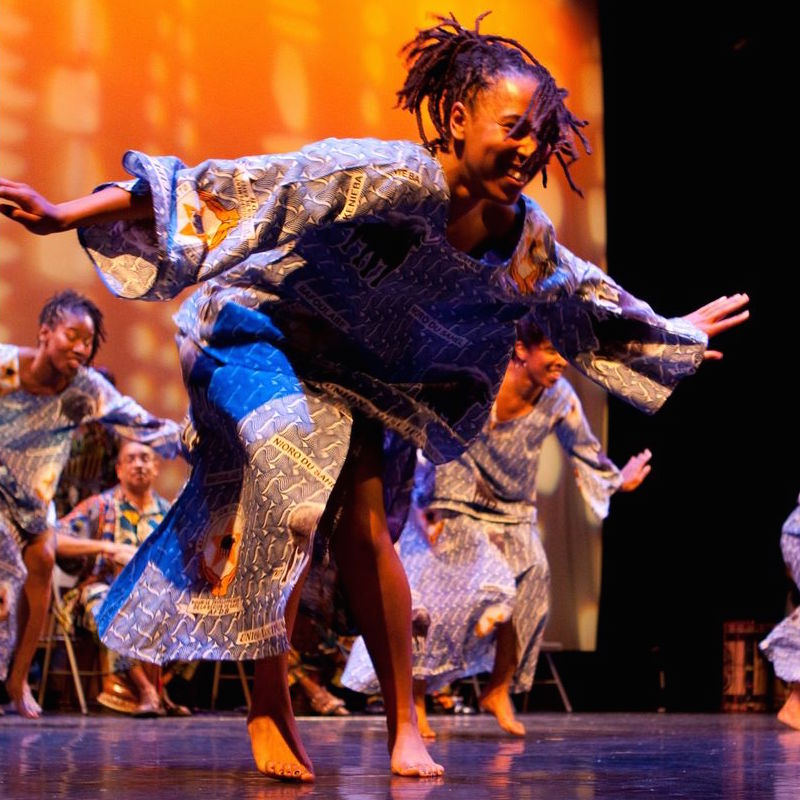Living with the Trauma of Oppression: Therapy as Self Care
There is an unfortunate, although understandable stigma among many people of color against “airing your dirty laundry” to strangers. This makes therapy a sensitive subject. Most therapists are white. And if they have not actively worked on dismantling their own prejudices, may cause more harm than good to their clients of color. There is also a wider stigma in this country about going to a “shrink”, because it implies that there is something wrong with you. While this attitude does seem to be shifting, it still results in many people who need support feeling too ashamed to seek it out. Or having a negative experience with an incompetent therapist, and giving up on it altogether.
A few things that I try to make clear to everyone who steps into my office –
- The daily experience of oppression is inherently traumatic.
- There is nothing wrong with you. It is your environment that is crazy-making.
- Therapy (with a culturally competent therapist!!) is one form of self-care. Taking care of yourself is nothing to be ashamed of.
“Caring for myself is not self-indulgence, it is self-preservation and that is an act of political warfare.” ~Audre Lorde
Being a member of a group that is systematically discriminated against means receiving constant messages that you do not belong, are not valued, are not wanted. Being bombarded with covert and overt messages that your very existence is somehow wrong, is too much, is disgusting. It means not feeling safe in spaces that you have to navigate anyway. In the face of this messaging, caring for and loving oneself is an act of revolution. Choosing to survive, and to thrive in a world that would prefer you did not exist, is courageous and rebellious.
Now, I am obviously biased because I genuinely believe that every person on the planet (myself included) should have a therapist. In a perfect world, shame and money would not be barriers to good mental health, and emotional resilience. I realize that we do not live in a perfect world. In fact, as our country seems to be teetering on the brink of a mass wake up call in regards to systemic oppression, things are likely to get worse before they get better. We are in the very uncomfortable Awareness Phase, where we are beginning to see the harmful patterns in our lives, but don’t yet have all of the tools to change them.
This leaves marginalized groups in a difficult spot, especially those of us who are positioned to be educators to our friends and family who hold privilege and power. Trying to help someone wake up to the reality of their own privilege is exhausting and often painful. It is literally like pulling teeth. It is the act of trying to take something from someone that they have no good reason to want to give up. The central question then becomes: how much energy can I invest in trying to teach people, and how much do I need to save for my own sanity, job, family, children…? When do I engage in a difficult conversation and when do I just walk away?
To be black and conscious in America is to be in a constant state of rage” ~James Baldwin
This applies not only to black folks, but all POC, LGBTQ folks, immigrants, muslims, etc. Being constantly enraged is exhausting and, I would argue impossible. Safe spaces where we can tune out, process, laugh, scream and cuss are absolutely necessary to our survival. Therapy is obviously not the only way to create this, but it is one way. As a black woman, my experiences inform the way I show up with my clients. There are obviously experiences that I have never had personally, but I work hard to create a safe space for any clients who are dealing with the abuse and trauma of systemic oppression.
There is research that shows that the effects of trauma can be passed down through generations, even if the children never experienced the original trauma themselves. We owe it to our children to dismantle the systems that perpetuate this trauma. We also owe it to them, and to ourselves, not to ignore the trauma that lives in our bodies now. Let’s do the work, and let’s do it together.

Tajah Sahar Schall MA, LPC, R-DMT
I provide somatic (body-based), social justice oriented counseling to individuals, couples and families of all sociocultural backgrounds. I support adolescents and their families through the unique and often difficult time of transition by incorporating movement, nature and rites of passage into the therapeutic process.
Location
Zoom sessions only for the time being
Call for Appointments
(215) 605-0280
